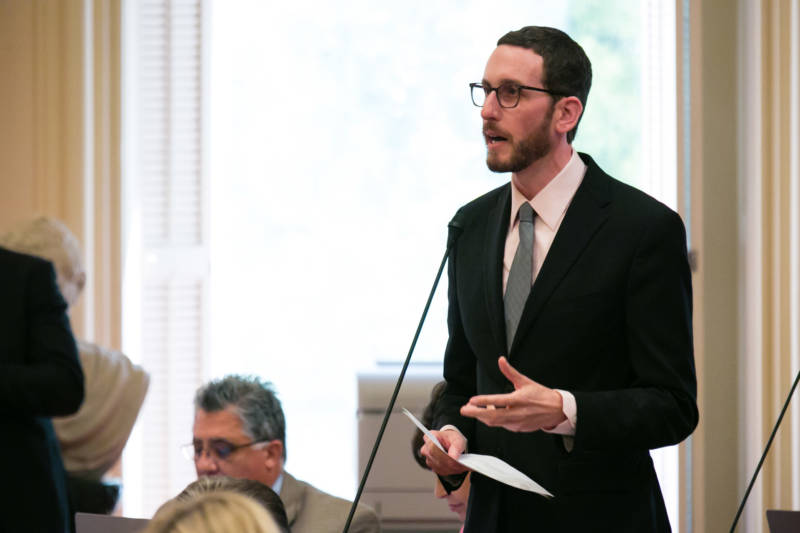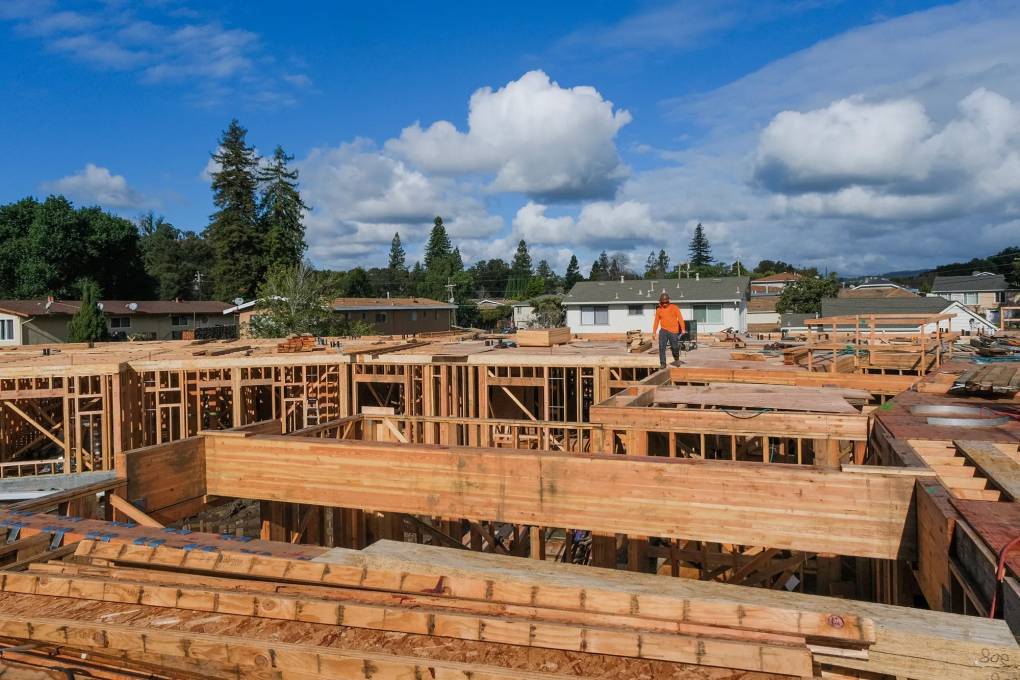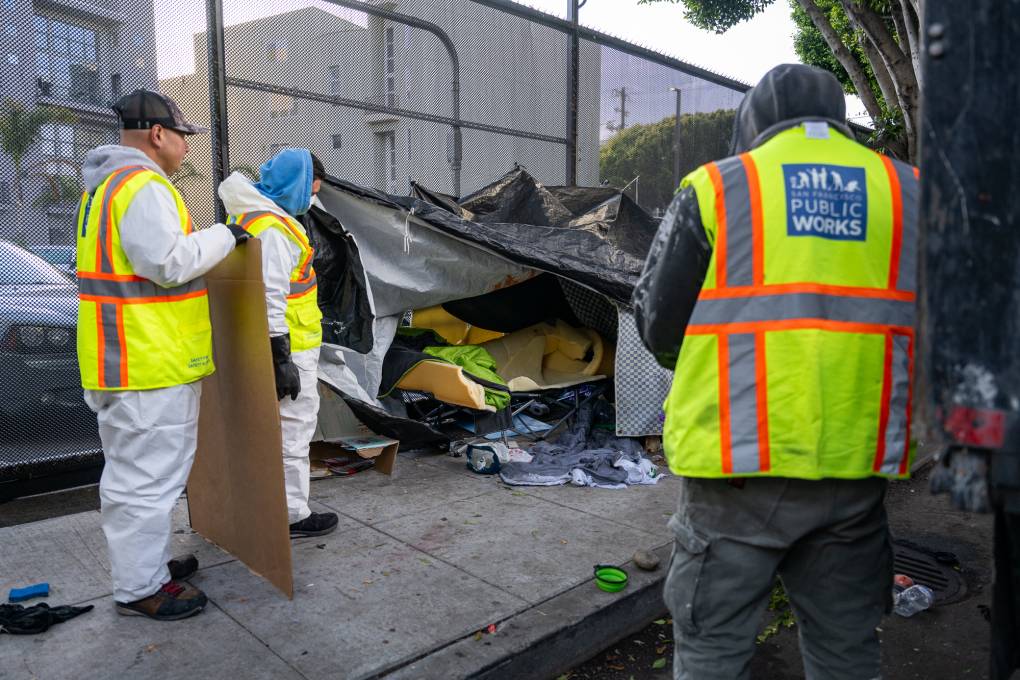Sen. Maria Elena Durazo, D-Los Angeles, said that "gentrification is very, very high on the list of concerns" in her district.
"Let’s change this proposed legislation enough so that other concerns are brought in," she added.
But opponents of greater state involvement in local zoning rules were untempered in their opposition.
"This is about destroying suburban, one-home-per-lot single-family residential neighborhoods," said Karen Klinger, a Sacramento real estate broker.
Other opponents argued that cities are already required to receive state approval for the housing they zone for.
"It’s almost as if we’re setting our cities up to fail," said Jason Rhine, a legislative director with the League of California Cities. "You tell us to plan, you approve our plan, and now the rules are going to be changed without additional input."
The lone lawmaker on the committee to vote against the bill, Sen. Pat Bates, R-Laguna Niguel, cited her opposition to the provision that will allow developers to include less parking.
"Parking in our suburban communities drives so many safety issues," she said.
But it was hard to ignore the political progress the legislation has made over the last year. Most obvious on Tuesday was Wiener's possession of the gavel: He is now the chairman of the committee, and that all but assured his bill would advance.
The bill also picked up a key endorsement from the State Building & Construction Trades Council, a labor union representing construction workers. And many of the environmental and equity groups that helped sink the legislation last year were missing from the list of opposed organizations this time around.
SB 50 now heads to the Senate Governance and Finance Committee, chaired by Sen. Mike McGuire, D-Healdsburg, who has traditionally been a supporter of local control in housing decisions.
McGuire introduced his own bill to boost density around transit — SB 4 — which the housing committee also approved. The bill's application would be more limited than that of SB 50, applying only to areas around train and ferry stops in cities where the pace of home construction has fallen markedly behind the growth of new jobs.
McGuire said he hoped to finish negotiations with Wiener over their two bills before April 24, when the governance and finance committee takes up the issue.



